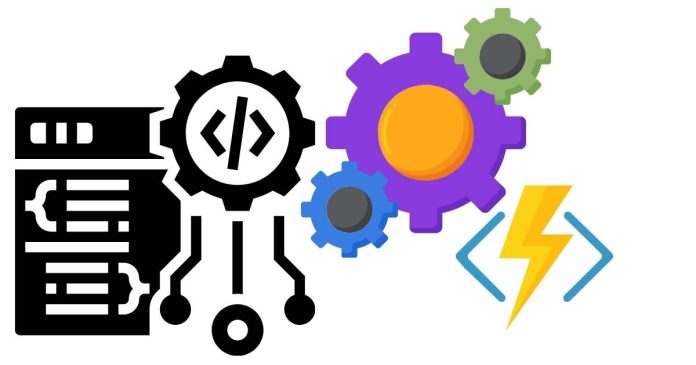In programming, a function is a reusable block of code designed to perform a specific task. Functions allow programmers to break down complex problems into smaller, manageable tasks and reuse code efficiently. Functions take inputs, process those inputs, and return outputs. They can simplify code, improve maintainability, and reduce redundancy.
Key Concepts of Functions:
- Definition: A function is defined by a name, a set of inputs (also called parameters or arguments), and the code to be executed.
- Syntax (in many languages):
def function_name(parameters): # Code block to execute return value
- Syntax (in many languages):
- Input/Parameters: Functions can accept inputs (parameters) which are values provided when the function is called. These inputs can be used within the function.
- Return Value: After processing the input, a function can return a result (output). This is optional in some languages, but functions that need to produce results generally do so through a return value.
- Calling a Function: After defining a function, you “call” it to execute the code inside it. This is where the function is invoked and it performs its task based on the arguments provided.
- Example (Python):
def add(a, b): return a + b result = add(5, 3) # Calling the function print(result) # Output: 8
- Example (Python):
- Parameters vs. Arguments:
- Parameters are the names used when defining a function.
- Arguments are the values you pass to the function when calling it.
- Return Statement: The
returnkeyword is used to send back a result from the function to where it was called. If noreturnis specified, the function will return a default value likeNonein Python. - Function Scope: Variables declared inside a function are local to that function and can’t be accessed outside it, which helps prevent errors and improves modularity.
- Types of Functions:
- Built-in Functions: These are predefined and available in most programming languages (e.g.,
print(),len()in Python). - User-defined Functions: These are created by programmers to perform specific tasks in their code.
- Built-in Functions: These are predefined and available in most programming languages (e.g.,
Examples in Different Languages:
- Python:
def greet(name): return "Hello, " + name + "!" print(greet("Alice")) # Output: Hello, Alice! - JavaScript:
function greet(name) { return "Hello, " + name + "!"; } console.log(greet("Bob")); // Output: Hello, Bob! - C++:
#include <iostream> using namespace std; int add(int a, int b) { return a + b; } int main() { cout << add(3, 4) << endl; // Output: 7 return 0; }
Advantages of Using Functions:
- Modularity: Functions allow breaking down large problems into smaller, manageable parts.
- Reusability: Once defined, functions can be reused in different parts of a program without duplicating code.
- Maintainability: Functions make it easier to update and debug programs since changes to functionality are localized in one place.
- Abstraction: Functions abstract complex operations, making the code easier to understand.
Conclusion:
Functions are fundamental building blocks in programming that help make code cleaner, more efficient, and easier to maintain. They are essential for managing complexity, improving code organization, and promoting reusability across different projects.


